In his address, Fr John-Paul Tan, OFM reminds us of God’s love for us in the crucifixion.
Photo: Michael Hadere via Pixabay
Generative Giving: Why we give
In a recent address, Fr John-Paul Tan, OFM reminds us of God’s generosity and unconditional love for us in this expansive universe and how we have a duty to reciprocate.
Documentaries help me travel the world by bringing me to places that I would never imagine travelling to. I get to see the grandeur of our massive world, exploring the seas, the mountains and the forests on the screen, and some of us travel to view these places.
God’s generosity
Yet, Scripture tells us, “In your sight, Lord, the whole world is like a grain of dust that tips the scales.” (Wisdom 11:22)
Indeed, earth is just one planet in our solar system that spans 100,000 light years. Within our galaxy, there are more than 3,200 solar systems, and astronomers estimate that there are over two trillion galaxies in our observable universe.
Where is our place in this huge universe? How do we fit in? Psalm 8 shows that God created all of creation, yet He cares for the simple mortal human being. That is the extent of God’s generosity. When we look at all creation, and out of the expanse of the universe and through space and time, we should ask ourselves why we exist here and now.
“Hold back nothing of yourself for yourself so that He who gives of Himself totally to you, may receive you totally.”
God’s love for us
“We love because God first loved us.” (1 John 4:19) Before we were born, we did not exist, yet from the day of creation, God had already intended that you and I should exist in a particular moment of history. He loved us into existence, and calls us to Himself. Thus, the vocation of every person is to know and love God, and to be with Him.
See how He loves us: “When they came to the place called The Skull, there they nailed Him and the criminals, one on the right and the other on the left.” (Luke 23:33)
Jesus gave of Himself totally, taking the sins of humanity upon Himself so that we may have life. God not only gave us life, He gave us eternal life – that is the extent of God’s love for us. The defining point of what it means to be a Christian is to understand who God is. We have to explore deeply what Jesus did on Calvary.
The gift of self
The Eucharist is a continuation of what happened at Calvary, and we continue to have access to the graces of Calvary. The Eucharist is also the continuation of the Incarnation, because God takes on flesh every time we break bread.
When Jesus promised to be with us till the end of time, it was not some wishful thinking. In effect, He was saying, “I’ll journey with you in bread and wine.” At the birth of Jesus, divinity took on human form. At the Eucharist, divinity takes on material form.
Saint Francis of Assisi recognised God’s profound sense of humility and poverty, for He emptied Himself totally to reach out to us, so that no one can say they are not worthy. He told his fellow brothers to appreciate the wonderful gift of the Eucharist: “Hold back nothing of yourself for yourself so that He who gives of Himself totally to you, may receive you totally.”
What a beautiful exchange! Let us not hold back when God asks us to give ourselves totally to Him, because He has given Himself totally to us – on Calvary and at the Eucharist. As we receive the Eucharist, as we receive the Lord who gives of
Himself, may we also make the spiritual offering of ourselves back to God.
While in prison, St Paul wrote, “My life is already being poured away as a libation” (2 Tim 4:6), a drink offering as a form of worship. Just as Jesus’ life was poured away as He bled on the cross, St Paul said his own life was also being poured away as an offering to God as he awaited his execution. Ultimately our final Passover is when we take our last breath, and give ourselves totally back to God, the author of our lives.
God’s invitation
It is important that we understand the blessings that we have received, especially the most important gift of all – salvation. Let us appreciate what God has done for each of us, the generosity that God has showered upon us by giving us fullness of life, and how He has blessed us in different ways.
Let us ponder what He calls us to do and ask ourselves, “How then can I pay forward the blessings that God has given me?”


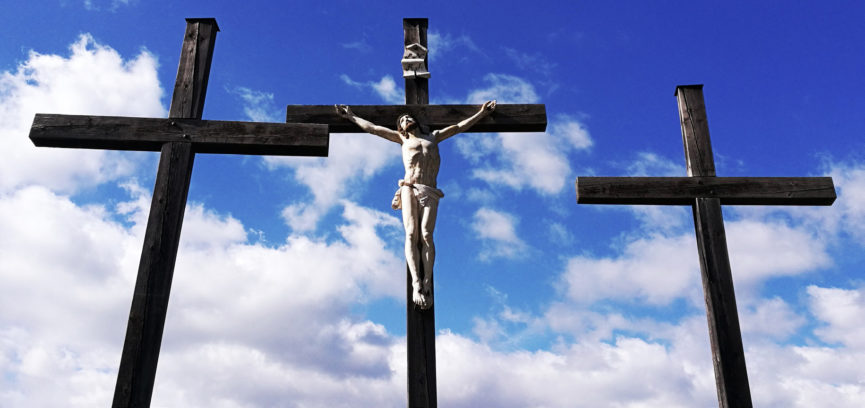
 Clarice Chan, Chairwoman, Original Minds Group
Clarice Chan, Chairwoman, Original Minds Group


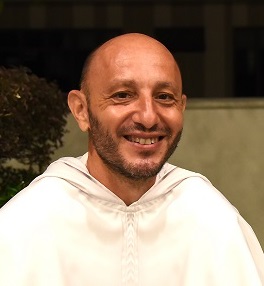
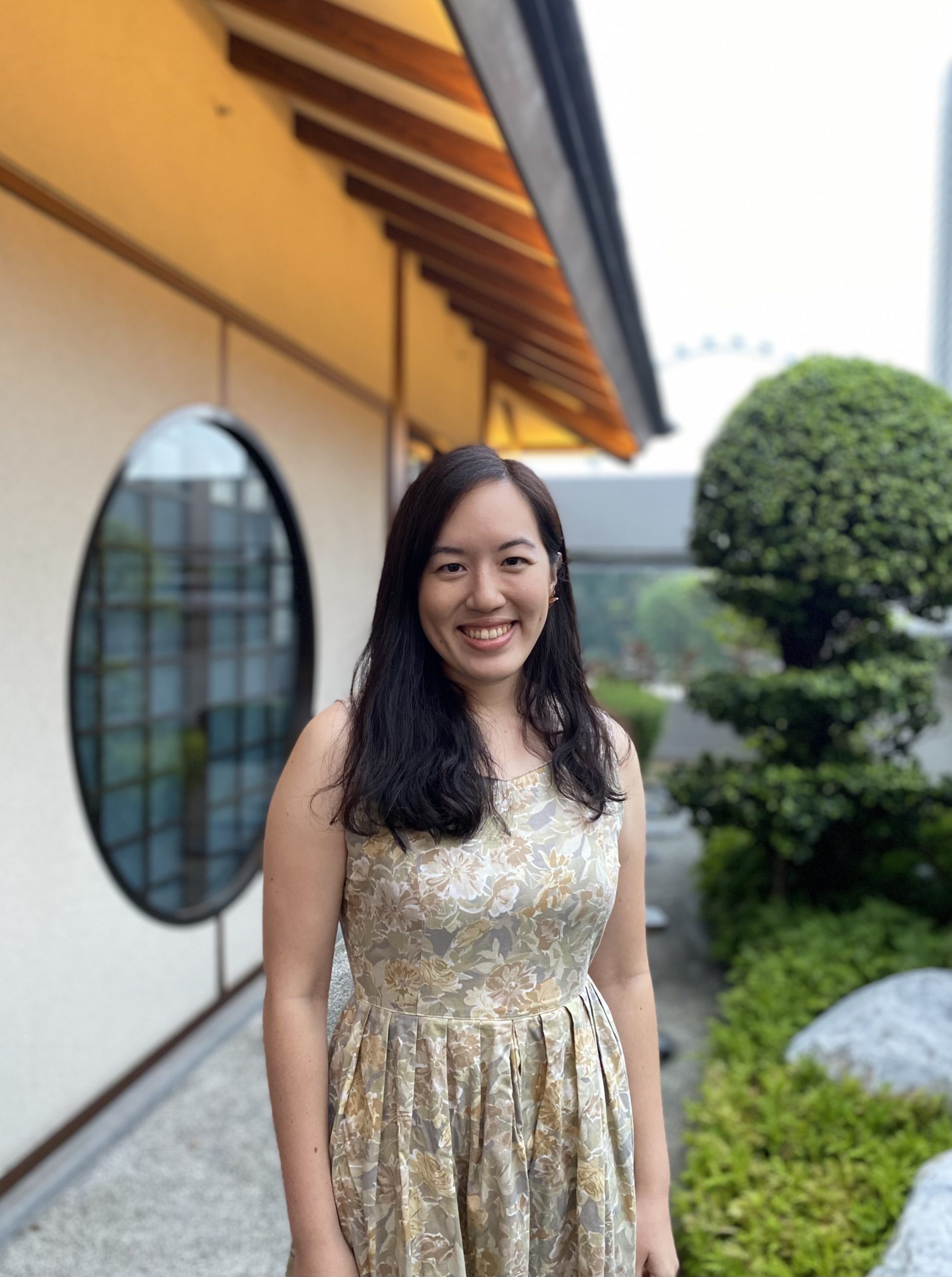

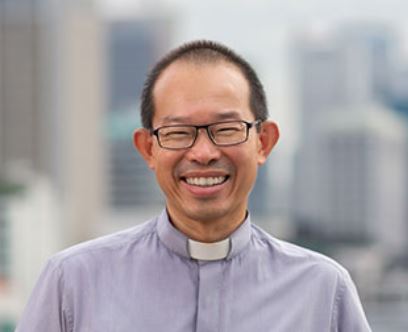
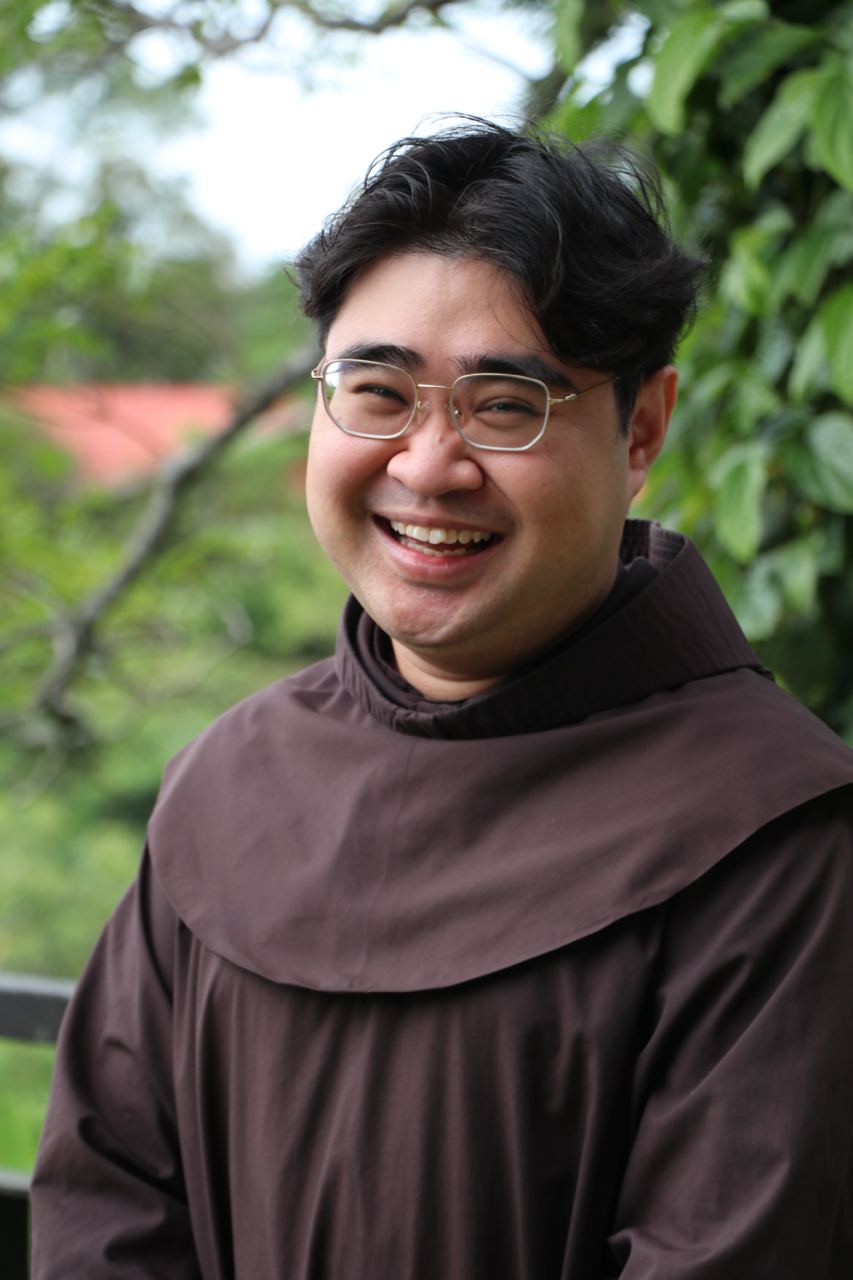



 Producer-Presenter, CatholicSG Radio
Producer-Presenter, CatholicSG Radio